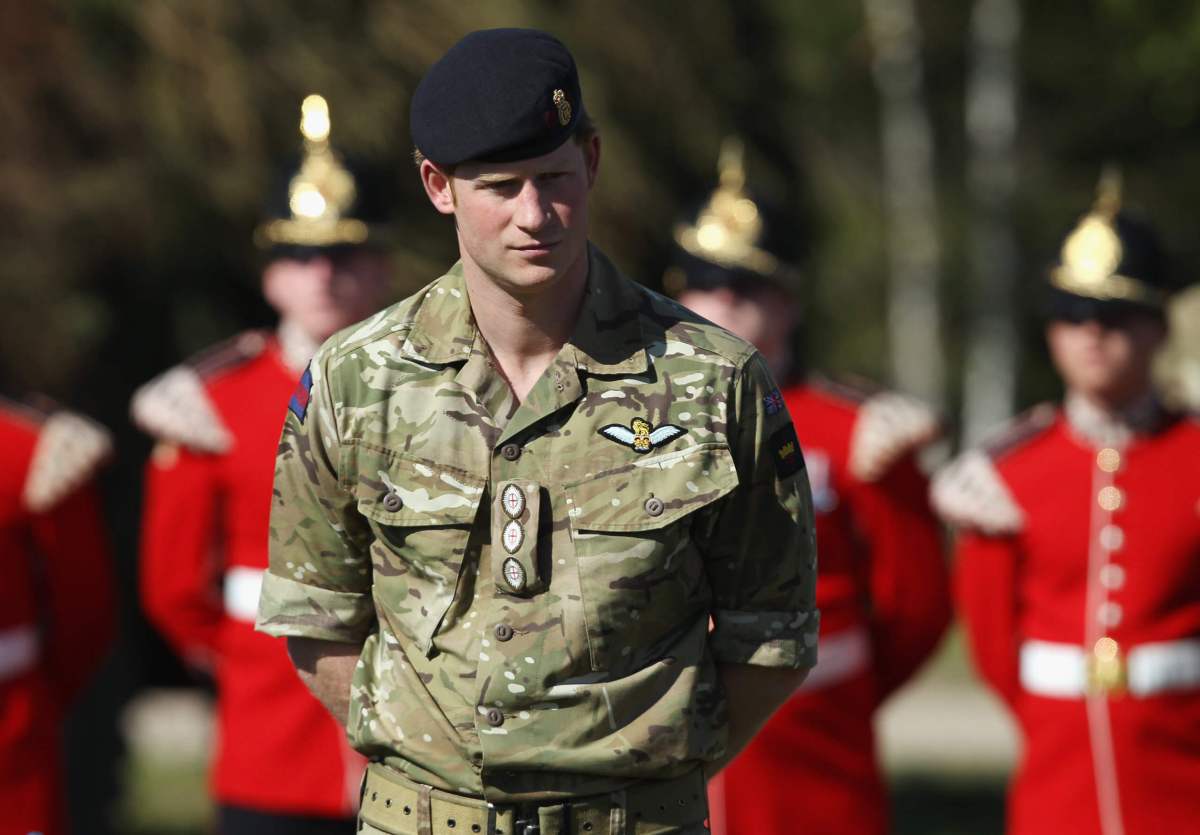After a decade of service with the British military, Prince Harry says it’s time for him to move on.
The youngest son of Prince Charles and Princess Diana announced Monday morning that he’d be leaving the armed forces in June.
“Moving on from the Army has been a really tough decision,” the 30-year-old prince said in a statement. “I consider myself incredibly lucky to have had the chance to do some very challenging jobs and have met many fantastic people in the process.” Harry first joined the service as an officer cadet at the Royal Military Academy Sandhurst in 2005 and trained for three years to become an Apache fighter pilot, seeing action in Afghanistan twice. In his statement, Harry added that it’s time for him to explore his career options, something he has in common with with veterans everywhere as they plan their next moves.
“I think Prince Harry is going to be fine,” says Jason Hansman, the Director of External Affairs at the Iraq and Afghanistan Veterans of America. “The thing for anyone leaving the services is figuring out what they want to do next — but that might not be what they did in the military.” Hansman, who is himself an Iraq War veteran, had these suggestions for anyone — royalty or not — who is trying to figure out their post-military career.
Learn how to talk about your service: “There’s kind of a divide between veterans and civilian employers,” he notes. “Employers don’t always understand the military, so veterans need to learn how to speak the language of the modern workplace.” Hansman notes that most veterans have developed skills like how to manage a budget and how to supervise employees over the course of their careers, but they might not always know how to talk about those strengths during interviews. “Veterans are looking for a career, not a job. They are looking to give back in some way,” said Hansman. He notes that many of the returned service members he meets are interested in jobs in the nonprofit sector or in the government. Have all of the essentials: “Make sure you have a résumé, make sure that you have references,” he says. “Really focus on getting those things.” Talk to others: “Talk to other vets who have transitioned,” Hansman advises. “Learn from their mistakes. Everybody has their journey that they have to go through.”
How Prince Harry (and other veterans) can find their next jobs

Getty Images






















